Albert Edward Jenkins - Pembrokeshire’s first execution since 1821.
Albert Edward Jenkins - Pembrokeshire’s first execution since 1821.
38 year old Jenkins was a tenant farmer who was in financial difficulties. He was in overdraft at the bank and in arrears on the hire purchase payments for his tractor. He farmed a mere 22 acres at Lower Furzehill Farm in Rosemarket, Pembrokeshire.
He had asked his landlord, 52 year old William Henry Llewellyn if he could purchase the small holding from him. William had agreed a price of £1000 for the farm plus £50 in back rent and had gone to visit Jenkins on the morning of Monday October the 10th 1949 to conclude the deal.
He had given Jenkins a receipt for the £1050. William was not seen alive again. His wife reported him missing and his battered body was discovered the following day, wrapped in a tarpaulin and buried in a clay pit on Jenkins’ farm.
Suspicion immediately fell on Jenkins. When police searched the farm, they found a large amount of blood stains on the ground in front of the house and William’s boots, minus the laces, hidden in a barn. The missing laces were discovered on Jenkins, when he was searched.
A Mr. Codd from the Milk Marketing Board had arranged to visit Jenkins on the Monday to discuss artificial insemination. He saw Jenkins drive past on his tractor without stopping and noted that there was a bundle wrapped in a tarpaulin on the vehicle and that Jenkins was blood stained. Another witness saw Jenkins at the clay pit with a shovel and later saw Jenkins riding William’s bicycle.
Jenkins came to trial at Haverfordwest on the 27th of February 1950, before Mr. Justice Byrne. According to the South Wales Evening Post, the judge pointed out to the jury that “there was no evidence, no evidence of any eyewitnesses, but from the knowledge of affairs the jury would hardly expect in murder cases to find eyewitnesses.
The evidence placed before them by the Crown was circumstantial and circumstantial evidence was often the best.” The four day trial concluded on the 2nd of March, the jury consisting of two men and ten women, taking just 105 minutes to return a guilty verdict.
Jenkins’ appeal was heard before the Lord Chief Justice, Lord Goddard with Justices Humphreys and Jones and dismissed on the 3rd of April 1950.
On Monday the 17th of April 1950, it was announced that there would be no reprieve for Jenkins.
Pembrokeshire did not have execution facilities so Jenkins was transferred to Swansea prison where he was hanged at 8.00 a.m.
on the morning of Wednesday the 19th of April by Albert Pierrepoint, assisted by Harry Kirk. 30 people, including five women and a girl of 13, waited outside the prison to see the notices of execution posted, according to the Coventry Evening Telegraph.
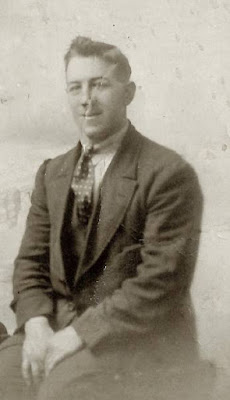


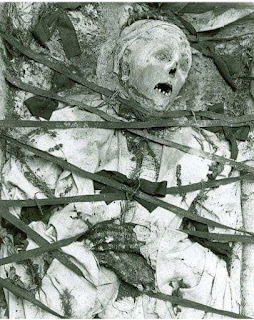
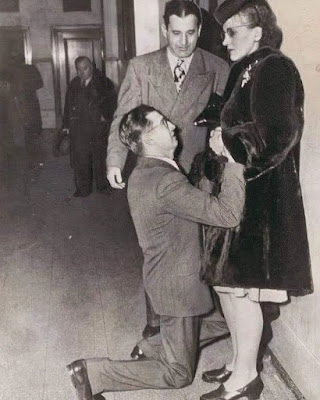

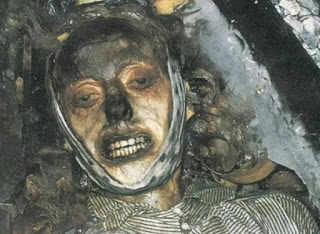


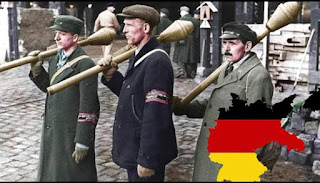
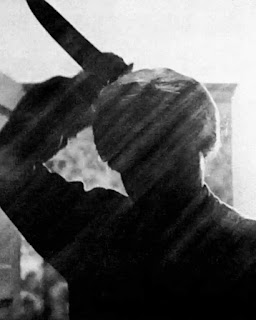

Comments
Post a Comment